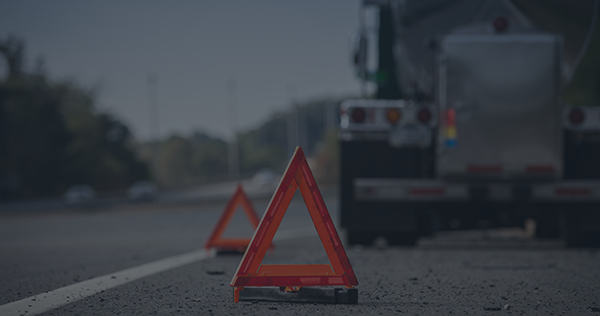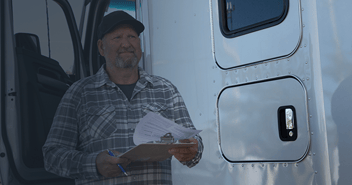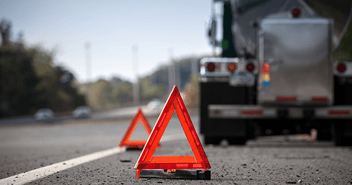
What To Expect For 2024 CVSA Roadcheck Week
The annual Commercial Vehicle Safety Alliance (CVSA) Operation Roadcheck is a 72-hour period where law enforcement pulls over Commercial Motor Vehicles (CMV) and conducts Level One roadside inspections. For information on what to expect during a Level One roadside inspection, check out our blog, What To Expect During A Roadside Inspection.
Focus Of 2024 CVSA Roadcheck Week
The purpose of this 72-hour period is to help ensure all CMV drivers are following USDOT regulations and all carriers have Active Operating Authority. Every year, the CVSA focuses on different aspects of compliance. Last year's focus was on vehicles' anti-lock braking systems (ABS) and cargo securement.
This year's focus is on alcohol and controlled substance/alcohol possession and tractor protection systems. In addition, law enforcement will be looking for signs and symptoms of operating a CMV under the influence of drugs/alcohol.
How To Prepare For Your Inspection
Failing a Roadside Inspection can result in penalties, fines, and out-of-service orders. To assist you in preparing for a successful 2024 CVSA Roadcheck week, we've compiled a checklist of items to complete. These are actions Drivers and Carriers should always do, but they should pay special attention to during Operation Roadcheck.
- Vehicle Inspection
Conduct a comprehensive pre-trip inspection of your vehicle, ensuring that all equipment—both inside the cab and outside—is functioning correctly. For a detailed guide on performing a pre-trip inspection, explore our blog post available HERE. - Driver and Vehicle Documentation
Make sure you have a valid CDL and medical card. Your medical card should be attached to your CDL, but if a State Driver's License Issuing Agency makes a data entry error, having your medical card with you might be helpful. Make sure you are compliant with Hours of Service (HOS) regulations and that your Record of Duty Status is current to your last change in duty status. Make sure your Vehicle Registration(s), Insurance, Annual Inspection(s), IFTA and any permits are current and readily accessible. - Cargo Securement
Check that your cargo is properly secured. Unsecure cargo is one of the top reasons why carriers fail roadside inspections. Additionally, double-check that your cargo is evenly distributed on your trailer to comply with legal weight limits. - Clearinghouse Check
With the current attention on Clearinghouse compliance, make sure you are properly set up in a Clearinghouse. Owner-operators must have their Clearinghouse account linked to their company’s FMCSA portal. Pre-Employment Clearinghouse Checks must be conducted to ensure drivers are not in a prohibited status. Failure to complete any of the requirements listed above may result in an inspection failure. - Up to date On Regulations
Make sure you are informed any new regulations or changes to existing regulations.
Staying Compliant
At the end of the day, the CVSA Roadcheck period shouldn’t be daunting. It simply reminds us of our need to pay attention to and our adherence with safety regulations.
If you're consistently compliant—logging into the Clearinghouse, adhering to HOS regulations, maintaining up-to-date licenses, and conducting thorough pre- and post-trip inspections—you likely have less to worry about during the CVSA Roadcheck.



